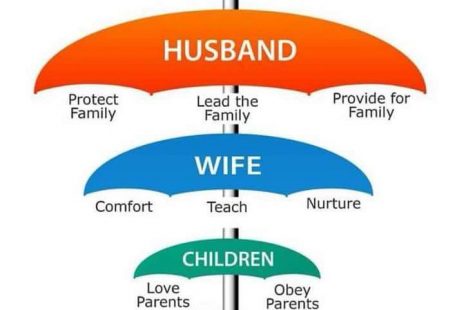Embracing chaos and leveraging determinism.
This approach is like walking a tightrope: on one side, you accept that life is unpredictable and chaotic, but on the other, you recognize that understanding causality and planning can help you navigate that chaos more effectively.
Determinism, at its core, holds that events are caused by preceding factors. If we can identify those factors and understand their relationships, we can anticipate outcomes and influence them to some degree. This doesn’t negate chaos—it works alongside it. Life’s unpredictability doesn’t mean randomness; even within chaos, there are patterns and causal links that can guide us.
Planning, then, becomes a skill for operating within this deterministic layer of existence. It allows us to channel our energy toward goals that matter to us. For example:
- In personal well-being, planning helps create routines that reduce stress, even when external chaos occurs. For instance, preparing for possible outcomes in advance can make setbacks more manageable.
- In professional life, anticipating risks and taking proactive steps can lead to better results without the illusion of controlling every variable.
- In relationships, understanding emotional dynamics (cause and effect) can foster healthier interactions, even if conflicts arise unpredictably.
The key is maintaining flexibility within this framework. Rigid control leads back to perfectionism and its stress-inducing pitfalls. But thoughtful planning allows you to shape outcomes to a degree, while still leaving space for the unpredictable to happen.
This synthesis aligns with pragmatism, a philosophical approach championed by William James and John Dewey. Pragmatism emphasizes ideas and actions that work in practice, blending abstract acceptance (chaos) with practical effort (planning). It says: Do what works while staying open to the unexpected.











Social Profiles